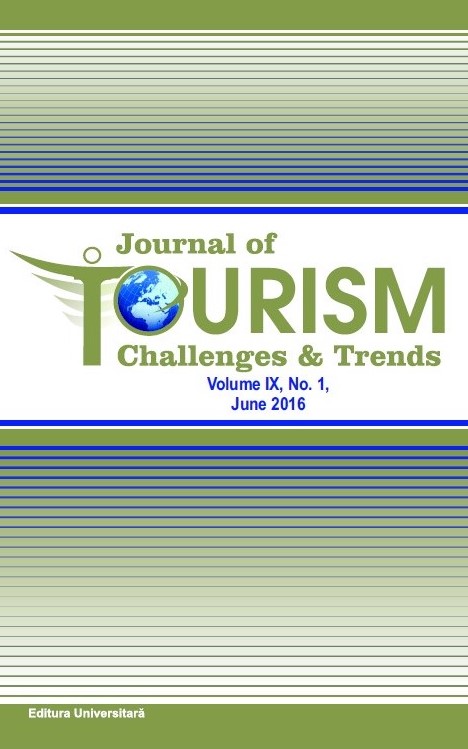ANCIENT TOURISM: CAN MODERN CONCEPTS BE APPLIED TO ANCIENT CONTEXTS?
ANCIENT TOURISM: CAN MODERN CONCEPTS BE APPLIED TO ANCIENT CONTEXTS?
Author(s): Silviu AnghelSubject(s): History, Cultural history, History of ideas, Ancient World, Tourism
Published by: Asociatia Romano-America a Managerilor de Proiect pentru Educatie si Cercetare
Keywords: ancient tourism;tourism studies;pilgrimage;
Summary/Abstract: The present paper asks whether one can apply the modern concept of tourism to Greek, Roman or Western Medieval societies. It analyses records left by ancient visitors, graffiti, travel records and memoirs, based on several current definitions of tourism in sociological and psychological studies. It argues that most definitions of modern tourism are only formulated with contemporary society in mind. Those definitions that stress the experience of the tourist are the ones best applicable to ancient evidence. It also argues that many of these ancient authors of traveling literature were willing to immerse themselves in a foreign place, to experience the uniqueness of surroundings and people other than their own. Although literary records represent only the intellectual elite, there is some evidence that the rest of the population, the silent majority, was capable of similar experiences. Furthermore, medieval theological notions that pilgrimage should be separated from light traveling, i.e. tourism, should be seen as artificial and inapplicable to the historical record. For the ancient tourist both light and serious, both religious and pleasurable to the eyes visits were present in equal measure.
Journal: Journal of Tourism Challenges and Trends
- Issue Year: 9/2016
- Issue No: 1
- Page Range: 9-29
- Page Count: 21
- Language: English
- Content File-PDF

